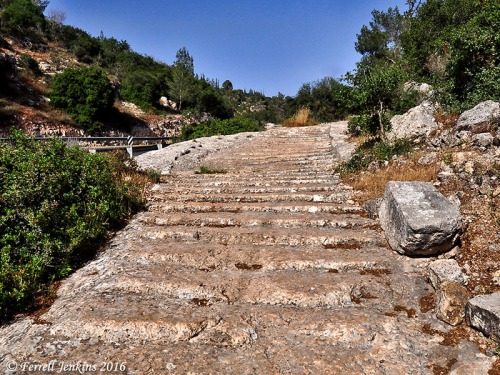How to Survive a Shipwreck
by: Jonathan Martin
I must say, that this has been a delightful book to review. The title conveys accurately what the book is about - and I was pleasantly surprised to find out the perspective from which it is written. Most books of this type, I have seen written from the perspective of people that have already crashed in their lives as they were, to find God and then come out of the situation. This man writes this from the perspective of a person who was an active person of faith, only to come very close to losing that faith but then come back stronger and in different ways that he imagined. I'm not saying that I necessarily agree with everything that he states, but, if you are feeling that your life is shipwrecked, or is about to be - then you may wish to consider reading this book.
I gained the following perspectives from this book that you may find encouraging as well:
- I gained the aspect that life and faith are something you should take a view daily. We get into ruts where we assume things are going to be or come out certain ways and when they don't - we're disappointed. The writer spends a lot of time talking about focusing on our "daily bread" and how if you are shipwrecked it gives you that perspective - that life is best handled one day at a time.
- I gained a unique view of the observance of what we call Communion (the Lord's Supper) what the writer calls the Eucharist. I have been on the side of not doing it - and I have been on the side of observing it now for 40 years. I agree with the writer, when you CAN'T eat, or eat well, the times when you can become precious. Just because it has become ritualized, don't lose the perspective that you are sitting at God's Table, at God's invitation, to eat a meal with His Son.
- I gained the perspective that while the gifts of God (even those as simple as living, seeing, hearing, etc) are a blessing, they also come with awesome responsibility and at times even a curse. We all "see" but when you gain a perception that you have never had before, and you see in new ways - that sight comes with a responsibility and often brings with it pain. I gained a new perspective on why the prophets wrote that they "ate" the word of the Lord and it was a delight to them, but when it hit their stomachs, it became sour and tumultuous. You can't NOT understand something, when you have gained that understanding and KNOW its consequences - and at times are powerless to stop it.
Jim







